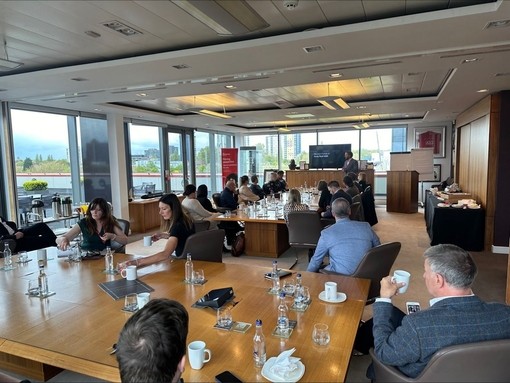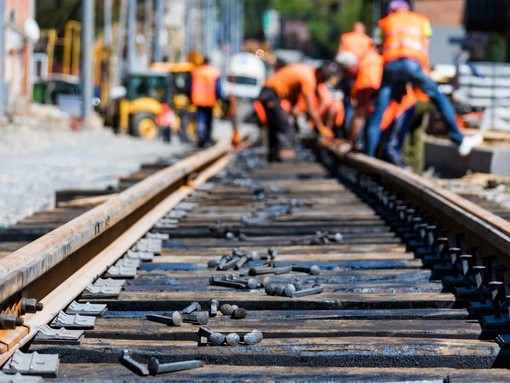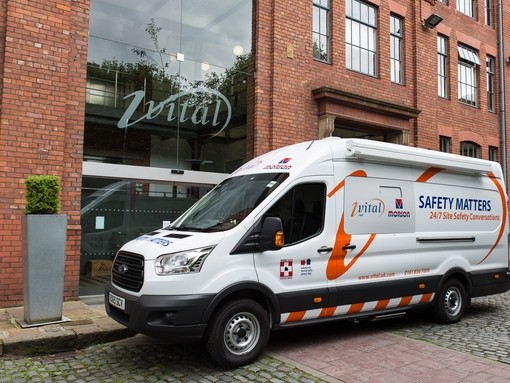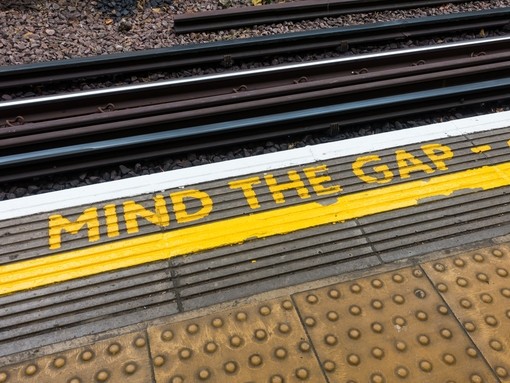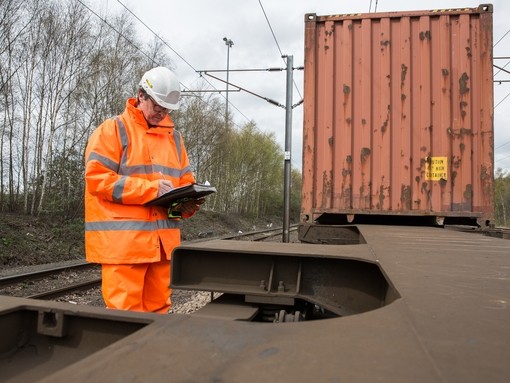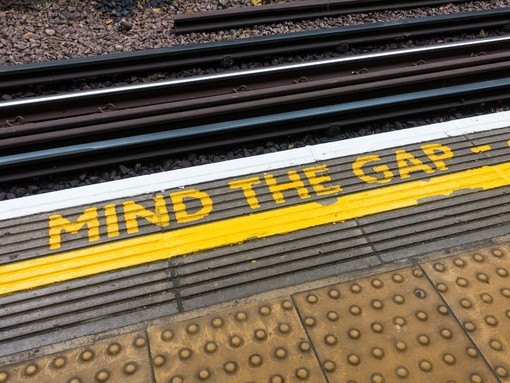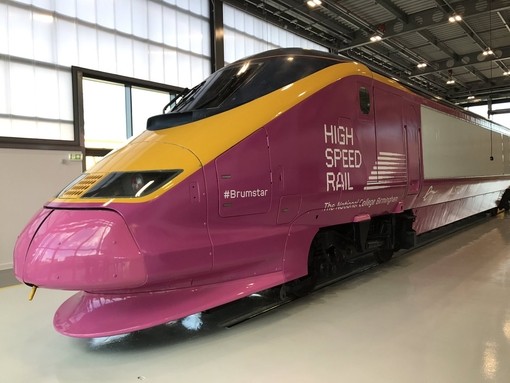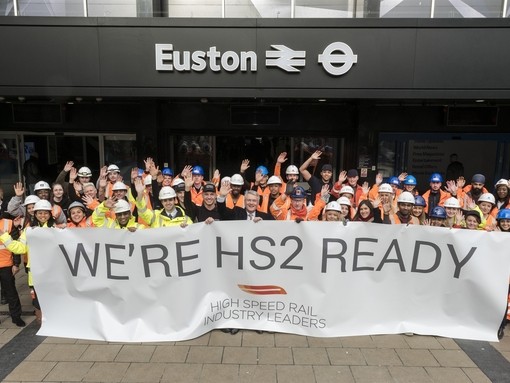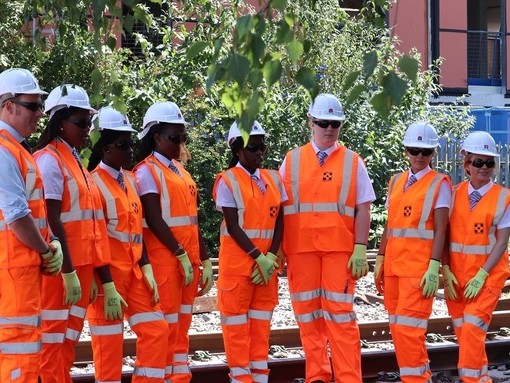
5 Rail Qualifications to Boost Your Career in Rail
Need to boost your career in the Rail industry? Consider upskilling with one of these rail qualifications.
With the UK’s rail infrastructure currently undergoing huge changes, now is one of the best times to consider renewing your credentials and building on your rail expertise. The rail landscape is noticeably changing, which means that there’s ample opportunity to progress within this field for those who want to. One way to advance your career in this industry is by securing specialist qualifications, which further prove your capabilities in the sector and make you stand out amongst other candidates.

Here are five professional qualifications that can enhance your CV and showcase your expertise in this industry. Looking for a rail job now? Check out our latest listings
1. Rail Qualifications: APM Project Management
Recognised internationally, APMPis one of the rail qualifications for project management professionals. Proving that you can demonstrate the necessary elements of project management, as well as understand how these factors impact the environment, this assessment is a great way for senior rail professionals to demonstrate their competency at managing people and sites.
What do I need to do?
The assessment examines a candidate’s proficiency at budgeting, cost management, leadership, procurement and teamwork, plus other fundamentals that make up project management. Rail project management professionals can either take a three-hour exam paper, where they’ll answer over 10 questions, or a two-hour paper, which is for current PRINCE2 Registered Practitioners.
Unsure whether to take this exam? Research has found that this accreditation could increase salaries by up to £10,000 per annum!
2. Rail Qualifications: CEng
Professional registration as a Chartered Engineer (CEng) is recommended for technical rail professionals, and is globally recognised by engineering organisations. CEng is for engineers with a natural flair for creativity and problem solving, looking to showcase their proficiency at developing new skills. Usually, engineers passing this exam are at a masters-degree level.
What do I need to do?
To become CEng accredited, rail engineers need to sign up to a professional engineering institute that’s licensed by the Engineering Council. Candidates record their professional development, which provides them with the technical and professional expertise to tackle an exam. Applying for the assessment is done through one of the institutes.
Don’t think you’re ready to take on the CEng certification? Why not look at becoming an Incorporated Engineer?
3. Rail Qualifications: IRSE Accredited Technician
A certification for rail personnel working specifically in signalling, the Royal Institution of Railway Signal Engineers has a variety of membership grades, which depend on the level and experience of each rail professional. The grades are:
Affiliate
Accredited Technician
Associate Member
Fellow and Member
Companion
What do I need to do?
The Accredited Technician license is for engineers who can demonstrate competency in signalling and telecommunications, through various techniques as part of an assessment. Initially, candidates need to gain endorsement from a sponsor who is accredited as an IRSE fellow or member, before applying online. The exam to become a member of the IRSE includes seven modules, extensively covering topics in this area such as signalling principles, applications engineering and communication.
4. Rail Qualifications: CSCS Manager Certification
The Construction Skills Certification Scheme accreditation is for construction workers, and highlights that they are trained and qualified appropriately to work onsite. Many rail projects require rail construction workers to hold a valid CSCS card, which proves to an organisation that they’re competent at carrying out specific tasks. If you want to further your career in rail, why not apply for a Manager CSCS card?
What do I need to do?
To obtain a Manager CSCS card, candidates need to pass the CITB Managers and Professionals Health, Safety and Environment exam, as well as achieve an NVQ at Level 5, 6 or 7 in a construction and management related qualification, or hold an NVQ level 4 in construction management. The qualification is a must for senior management professionals working in the construction division of rail.
Unsure whether you could make Manager level? Browse other CSCS cards available to see which level best suits you.
5. Rail Qualifications: Building Information Modelling (BIM)
For rail engineers working in the construction division, extensive knowledge of Building Information Modelling (BIM) is becoming an increasingly popular skill sought after by many industry leading rail companies. RICS’ BIM Manager certification proves candidates have extensive BIM expertise, can confidently demonstrate their abilities and follow important industry procedures.
What do I need to do?
To receive BIM Manager certification, candidates will need at least five years’ experience in a relevant sector (such as engineering or construction), hold a recognised professional qualification and have 12 months’ practical BIM experience. If you meet this criteria, you can simply apply online.
Did you know you can check your eligibility to become BIM Manager certified online? Or find out more about BIM here


